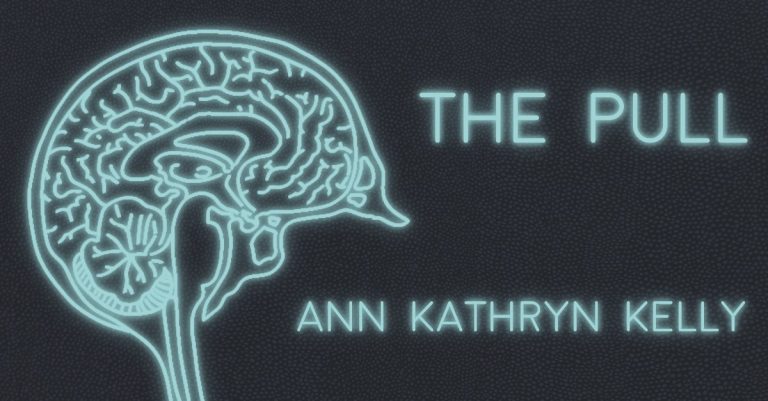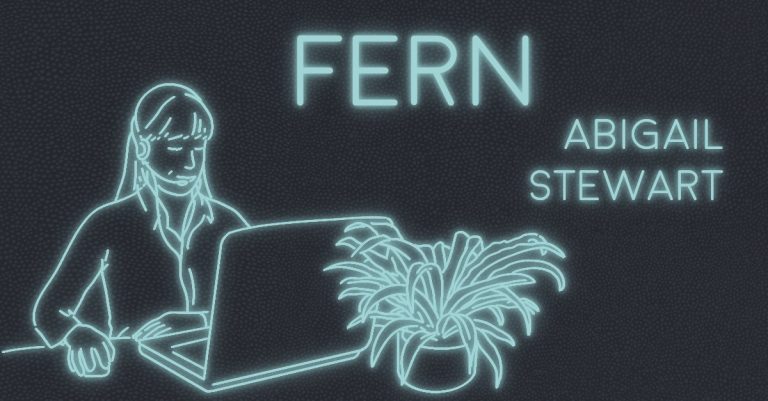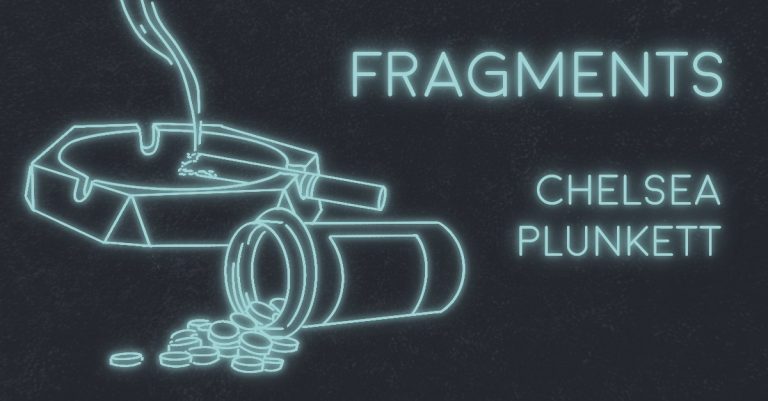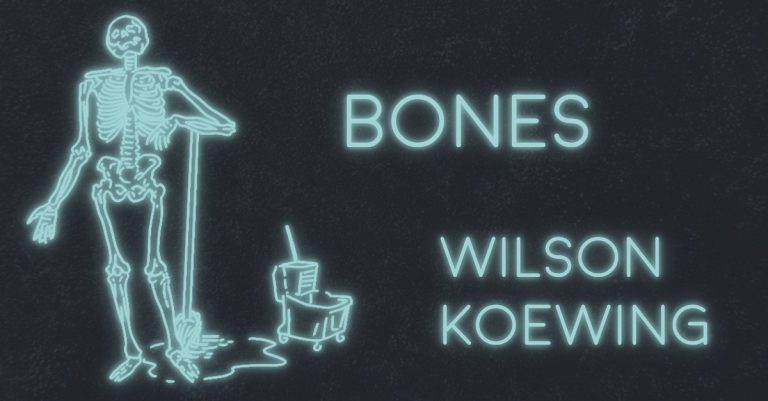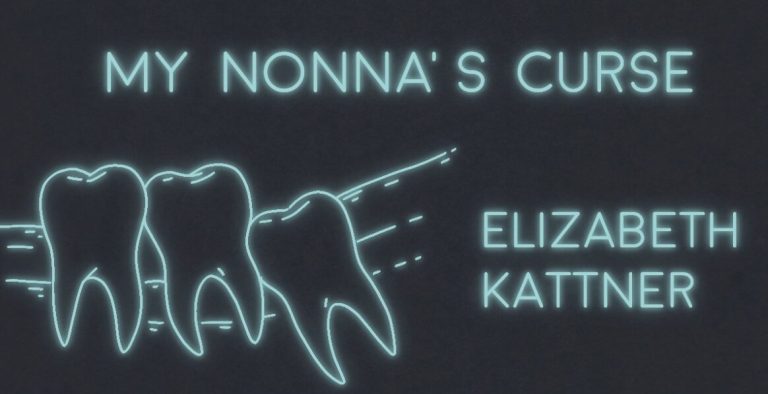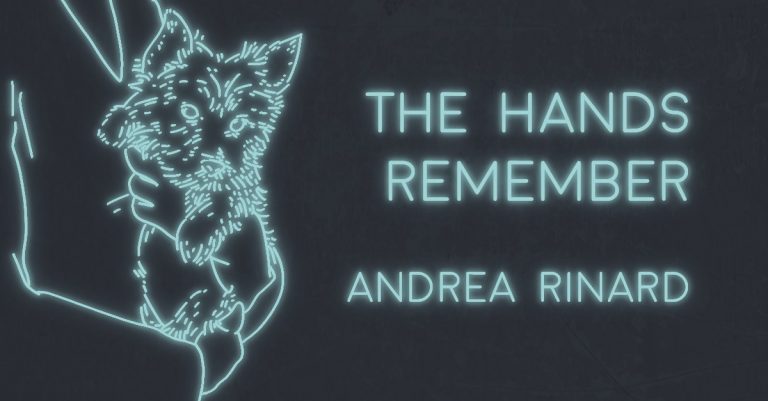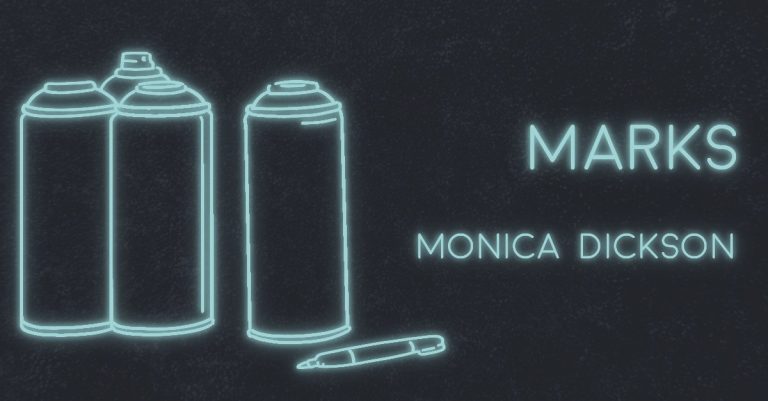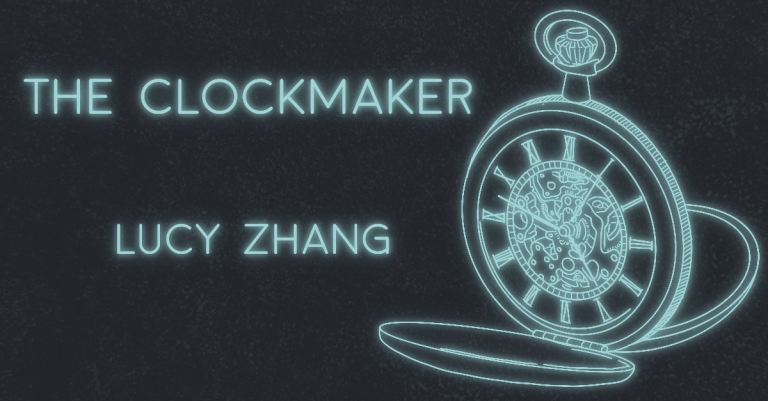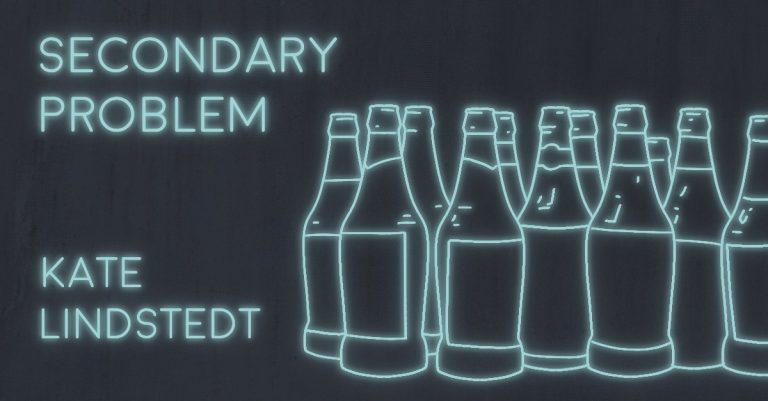
SECONDARY PROBLEM by Kate Lindstedt
Tell your mother you are going to see a movie. Ride with Hannah in her gold Honda Accord to the liquor store on Harrison, the one that doesn’t card. Watch the sun skirt behind clouds while she buys a handle of Malibu. Fling ping pong balls into cups of Tecate at Chloe Peralta’s house. Take shots of blue liquor until the night whirls in your stomach. Wake up crying on shag-carpeted stairs because out of everyone here you will be the last to find love. When your mom asks how the sleepover was, say it was fun. *** Fly 2,586

